Visiting four African nations in 12 days
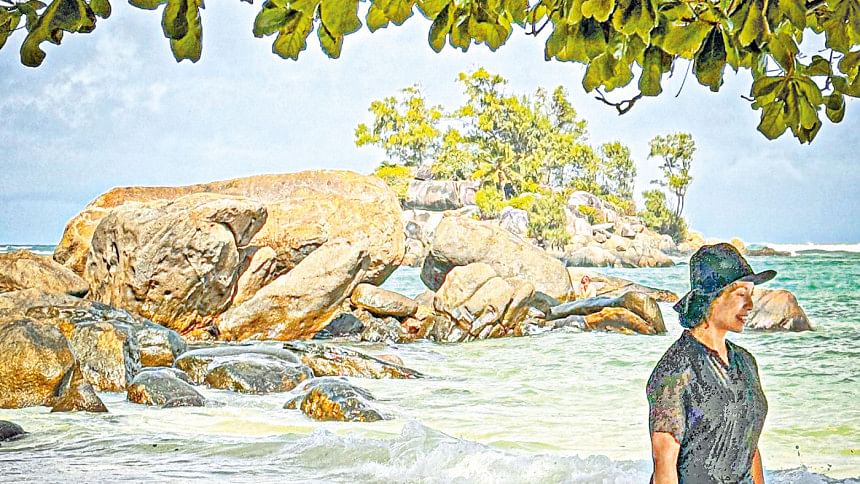
Time is the one thing we all want but can never get enough of. No matter how hard we try to hold onto it, it always slips away. If we could reign in time, we could pursue our dreams, see every corner of the earth, and try to become everything we've ever imagined. In reality, time is short for chasing our dreams. And perhaps that's what makes each moment, each journey so profoundly precious.
Travel has shaped us in ways we never expected. As a couple married for almost 20 years, Sarmin and I have been exploring the world together for the past 16 years. We've visited over 100 countries, and each journey required energy, money, and most importantly, time. Through travel, we've experienced the world in all its beauty, learned more about ourselves, and searched for the deeper meaning in life that we all seek.
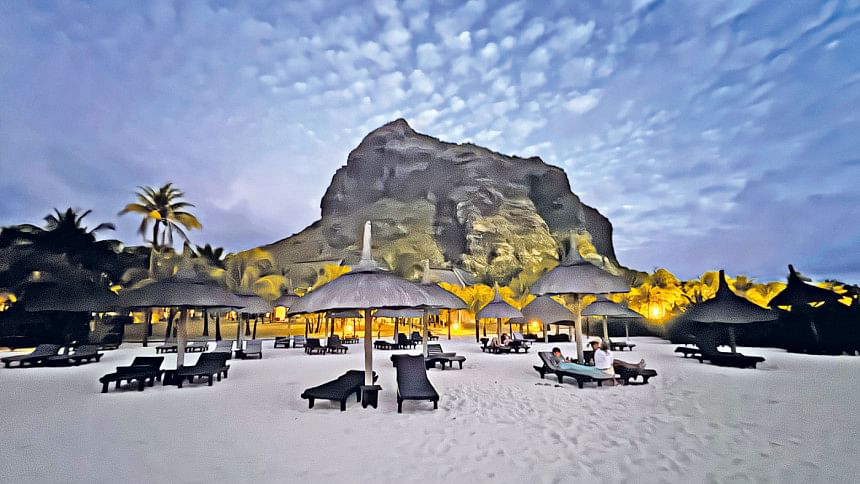
We're a Bangladeshi couple living abroad, and though we're not wealthy, we work hard and are thankful for what we have. Both of us work full-time and, over the years, we have learnt how to utilise a few vacations and public holidays. Time scarcity has taught us to travel efficiently -- always on the move, but never wasting a moment, exploring this incredible planet.
This story follows our journey across Africa -- east to west -- and two remote island nations in the Indian Ocean. The distances on the map seemed immense, and we wished for more time to truly explore and relax at each stop. 12 days is too short a time to visit 4 countries. However, meticulous planning allowed us to explore these places as much as possible despite the limitations.
Our journey began in Abidjan, Ivory Coast, in West Africa. Driving through the city felt oddly familiar -- like we were back in Bangladesh. The roads, transportation, and daily life all seemed similar. The country, formerly known as the Ivory Coast, officially became Côte d'Ivoire in 1986, choosing to keep its French name. Once a French colony, the people here still speak fluent French. Travelling through Africa is a constant reminder of how European powers shaped this continent, exploiting people and plundering resources for their gains. In my opinion, the widespread poverty and dysfunctional politics that linger in this part of the world are clear legacies of colonisation.
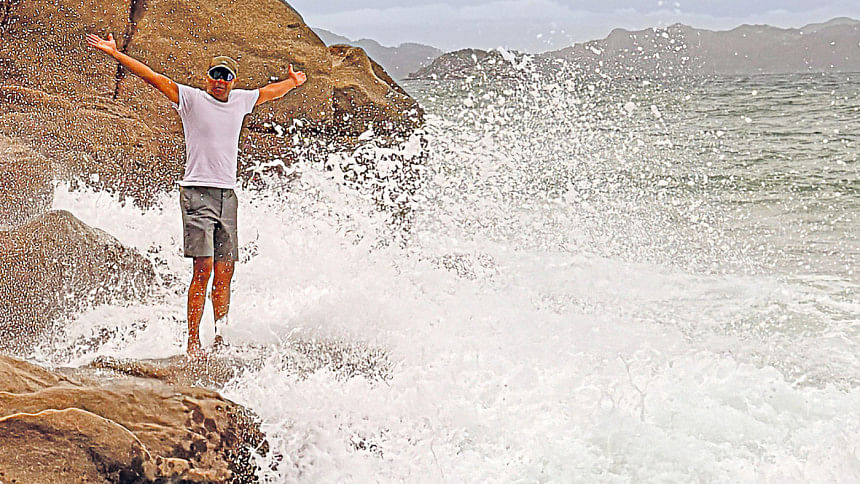
A local guide showed us around the city and took us to a beach where I met the youngest businesswoman I've ever seen -- a girl no older than three or four. While her older sisters were selling beach items to tourists like us, she sat quietly with her bucket of goods, perhaps too shy or tired to join in. It took me some time to break the ice between us and when it did she smiled at me. That simple moment became one of the most precious memories of the trip.
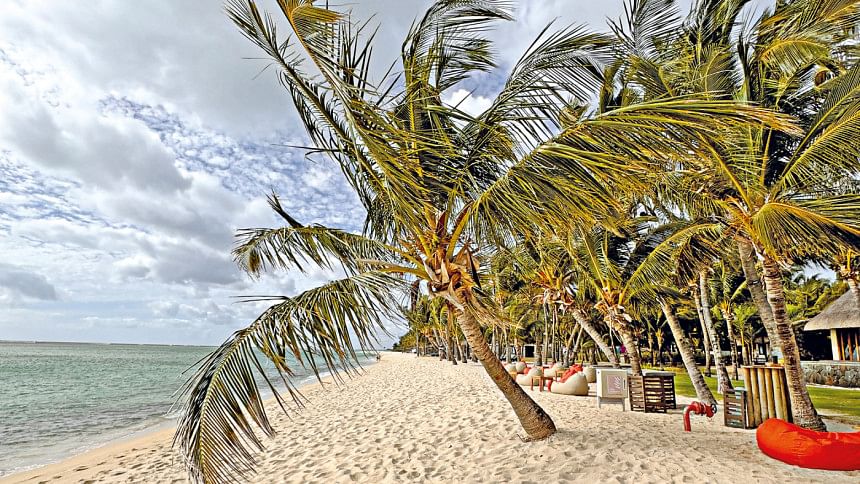
From Abidjan, we flew to Addis Ababa, Ethiopia, in East Africa. Growing up, all I knew about Ethiopia was the famine that took millions of lives 30 years ago. But things have changed—Ethiopia is now a rising hub in Africa. Driving from the airport at night, the city appeared bustling with activities. Vibrant lights and newly constructed modern buildings were everywhere, much like Dubai. The next day, we explored further, and the Ethiopia I had imagined came into focus. It's a country marked by struggle and resilience. The marketplaces sprawled through streets and alleys, where even recycled items, like bottle caps, were sold -- nothing goes to waste here. At the National Museum of Ethiopia, we saw Lucy, the 3.2-million-year-old fossil of a human ancestor. Lucy reminded us of our shared origins, as we all carry genes from ancestors who left Africa around 100,000 years ago. The next day, we explored further, and the Ethiopia I had imagined came into focus. It's a country marked by struggle and resilience. The marketplaces sprawled through streets and alleys, where even recycled items, like bottle caps, were sold -- nothing goes to waste here. At the National Museum of Ethiopia, we saw Lucy, the 3.2-million-year-old fossil of a human ancestor. Lucy reminded us of our shared origins, as we all carry genes from ancestors who left Africa around 100,000 years ago.
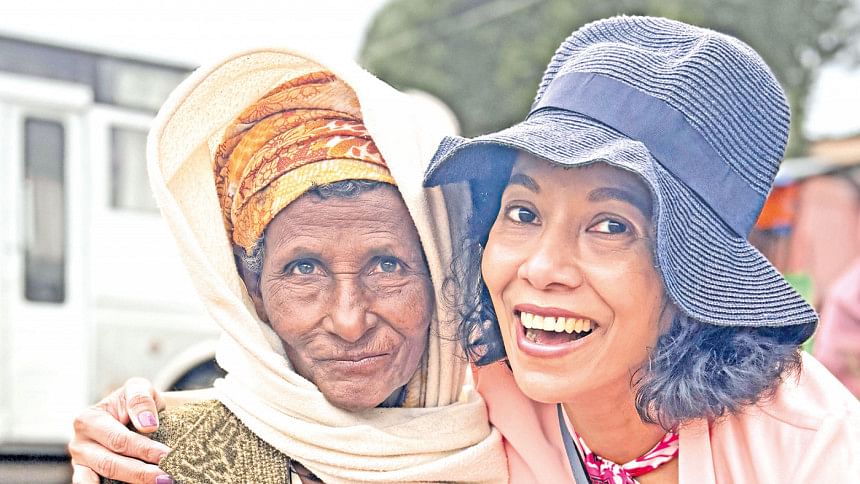
Ethiopia's deep history, as one of the oldest nations in Africa, includes the Kingdom of Aksum. Uniquely, it remains the only African country never colonised by European powers, standing as a symbol of independence in the continent.
I would highly recommend visiting Ethiopia. The country's culture, landscapes, and incredibly hospitable people left a lasting impression on us.
Next, we took a four-hour flight to Seychelles, deep in the Indian Ocean. This tropical paradise of 115 islands feels like a dream. With its white-sand beaches, clear waters, and green hills, Seychelles is a romantic haven. We stayed at the Constance Ephelia Resort on Mahé, the largest island. It's a sprawling 300-acre resort where we could have easily spent days relaxing on the beach, kayaking, hiking, cycling or enjoying the stunning views. We rented a car to explore the island, driving on scenic coastal roads and through local neighbourhoods. Seychelles exceeded our expectations. It's a paradise in the truest sense.
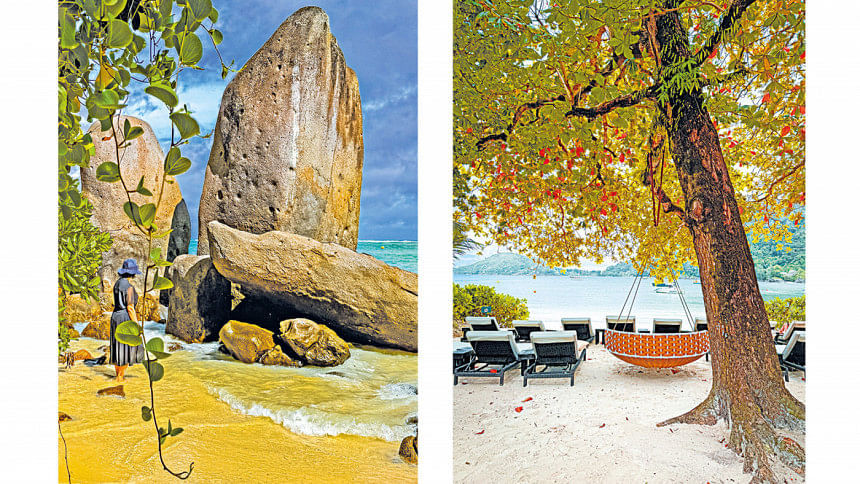
Our trip ended with a stop in Mauritius, a beautiful, isolated island east of Madagascar. Most of the population here is of Indian descent, and the culture, food, and temples reflect that. Driving through the neighbourhoods felt like we were visiting a part of India. We stayed at the Dinarobin Beachcomber Resort on the southwest coast, a beachfront property perfect for long walks -- something we love doing whenever we visit a new place.
After 36 hours of travel, including two long flights and a layover, we finally made it home to the USA. Exhausted, of course, but ready to join work the next morning. Our jobs fund our travels and sustain our lifestyle, so while we can escape many things, work isn't one of them. Like most people, we're tied to the daily grind. No one is completely free, except perhaps in their minds.
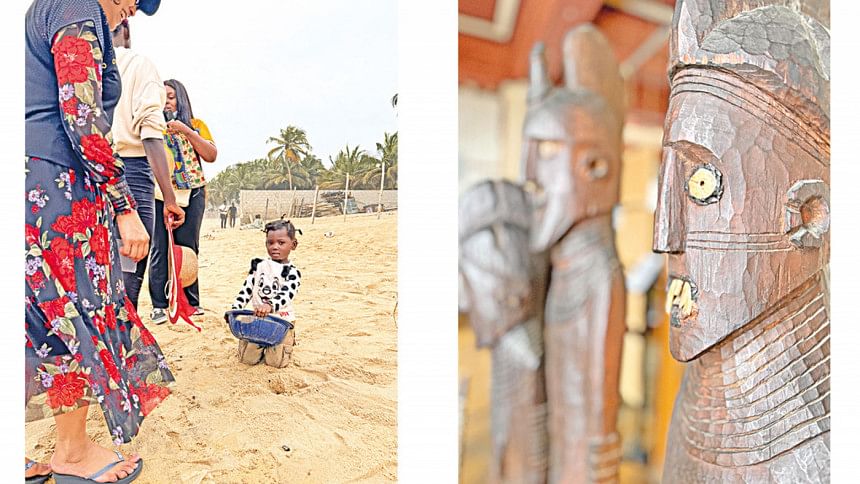
Life is short, and the world is vast. No matter how much time we have, it will never be enough to see it all. But maybe that's the point. I often remind myself that everything in life can be lost, except for the experiences/memories we've created. We've collected some incredible ones over the years, and we cherish those the most. We're addicted to travel, and we hope to keep exploring until the very end.

 For all latest news, follow The Daily Star's Google News channel.
For all latest news, follow The Daily Star's Google News channel. 



Comments